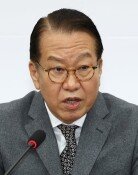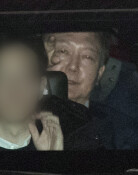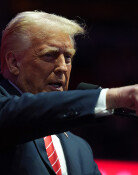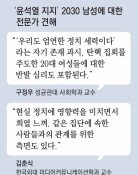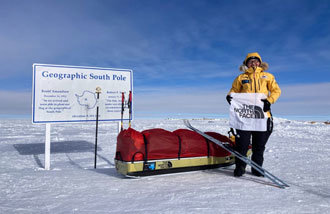Beijing Strengthens Control for Olympic Games
Beijing Strengthens Control for Olympic Games
Posted July. 21, 2008 03:38,
○ Blocking entry into Beijing
With the Olympic Games just around the corner, Beijing is cut off not only from other countries but also from other regions of China. That is because the country restricts visa issuance for foreigners and began to step up control over the inflow of vehicles and people from other regions, starting yesterday, with the launch of the special Olympic period.
On principle, cars from public organizations other than police or military vehicles cannot enter Beijing without certificates from relevant organizations. Bus passengers coming to the city must buy their tickets under their real names by showing their ID cards, and should go through security checks on the bus.
Passenger cars from other regions can operate only every other day with a maximum stay of three days. Ethnic minorities living in Tibet or Xinjiang Uygur Autonomous Region are reportedly banned from entering Beijing. Even ethnic minorities living in Beijing will have a hard time coming back to the capital city during the Olympic period once they leave the city.
The number of cargo trucks carrying agricultural and fisheries products into the city plunged as well due to the rigorous tailpipe emission criteria and strengthened sanitary inspection standards of such products.
○ Control in Beijing
Yesterday, the 400-member U.S. national team arrived at the Capital Normal University in Beijing. As the team will stay in accommodation facilities and gymnasiums until August 30, the university blocked the entry of outsiders. In particular, even staffs of the university cannot enter the area that the U.S. team is staying.
A researcher at the Chinese Academy of Social Sciences said, I was told to make a pass only yesterday morning. I was also told that I cannot visit other organizations or research institutes even for research purposes.
○ Strengthened traffic control
Starting yesterday, Beijing has allowed its citizens to drive their cars every other day. On the first day, the traffic of the city was light. The traffic authorities expect that the number of cars on the streets will be reduced about 2 million on a daily basis. Under these circumstances, about 4 million people are expected to use public transportation, raising concerns over overly-crowded buses and subways. However, the traffic control does not apply from midnight to 3 a.m.
Public organizations differentiate their work hours by having their officials come to work by 9 a.m., 9:30 a.m. or 10 a.m., while large shopping malls open at 10 a.m. In particular, the Olympic committee encourages workers to take leave or work at home during the Olympic period.
Vehicles violating the Olympic lane in 23 sections of the city will face the fine of 200 yuan (about 30,000 won). If such cars do not obey police order to stop driving, the fine goes up to 1,800 yuan and the driver might be detained.
As Beijing Capital International Airport conducts security checks on all entries, including passengers, the boarding procedure is expected to be delayed. During the Olympic period, visitors must show their ID cards to stay in saunas as well as hotels and inns.
Meanwhile, China decided not to accept requests for political asylum from North Korean defectors or Olympic athletes during the Olympic period, requesting embassies and international organizations in Beijing to reject political asylum as well.
bonhong@donga.com



